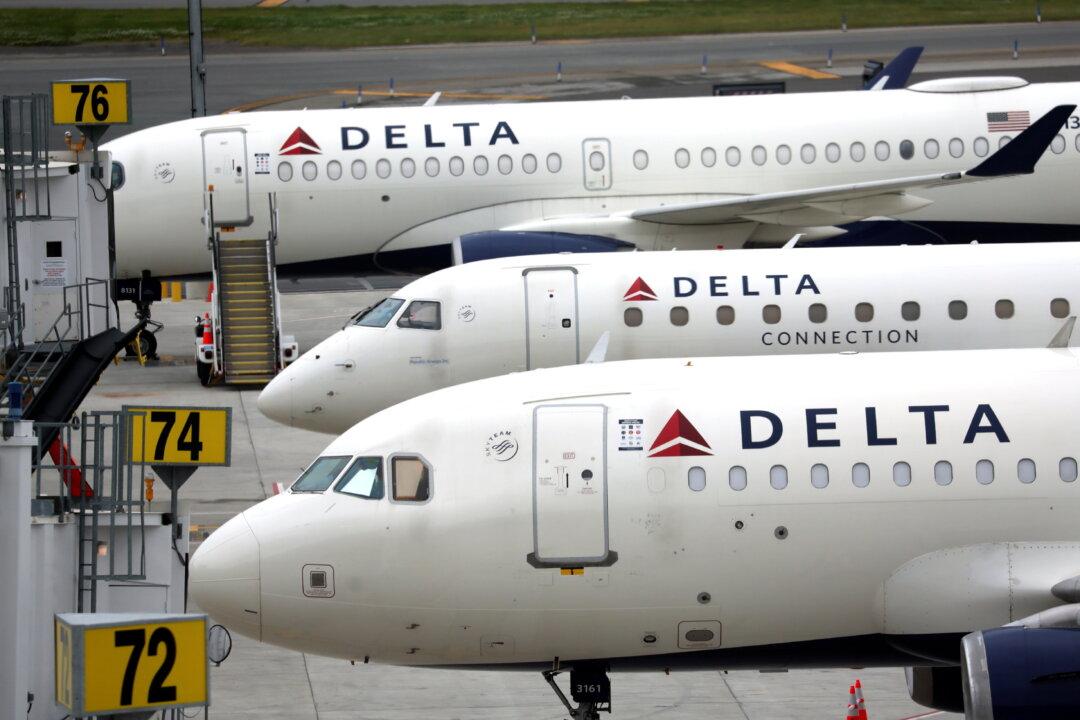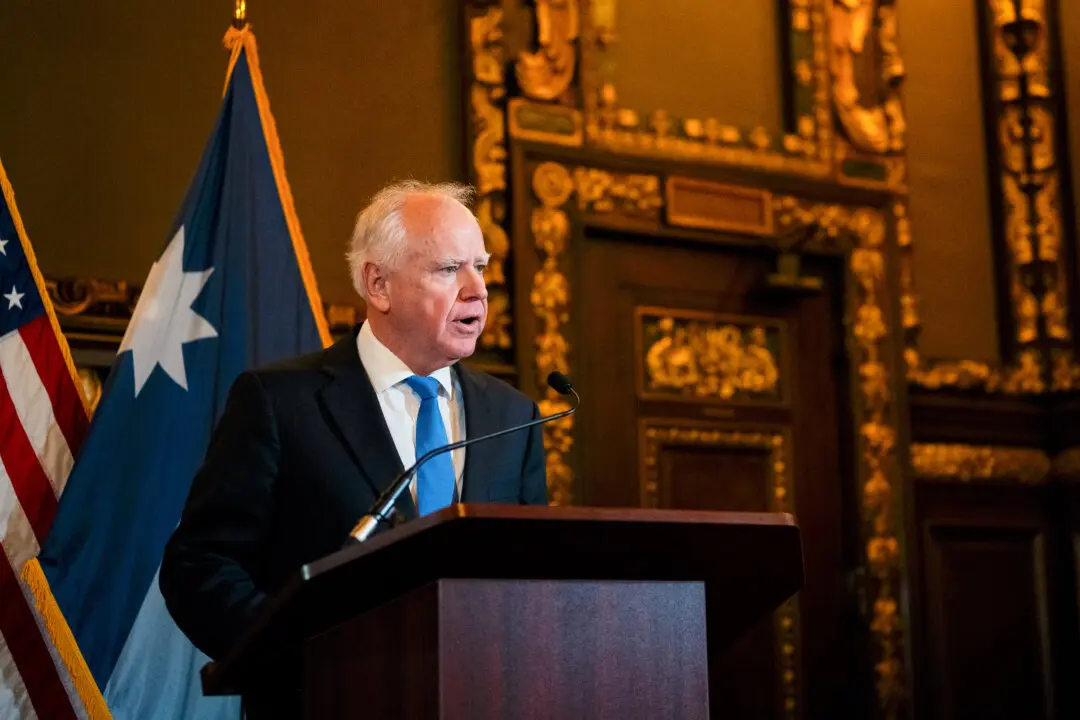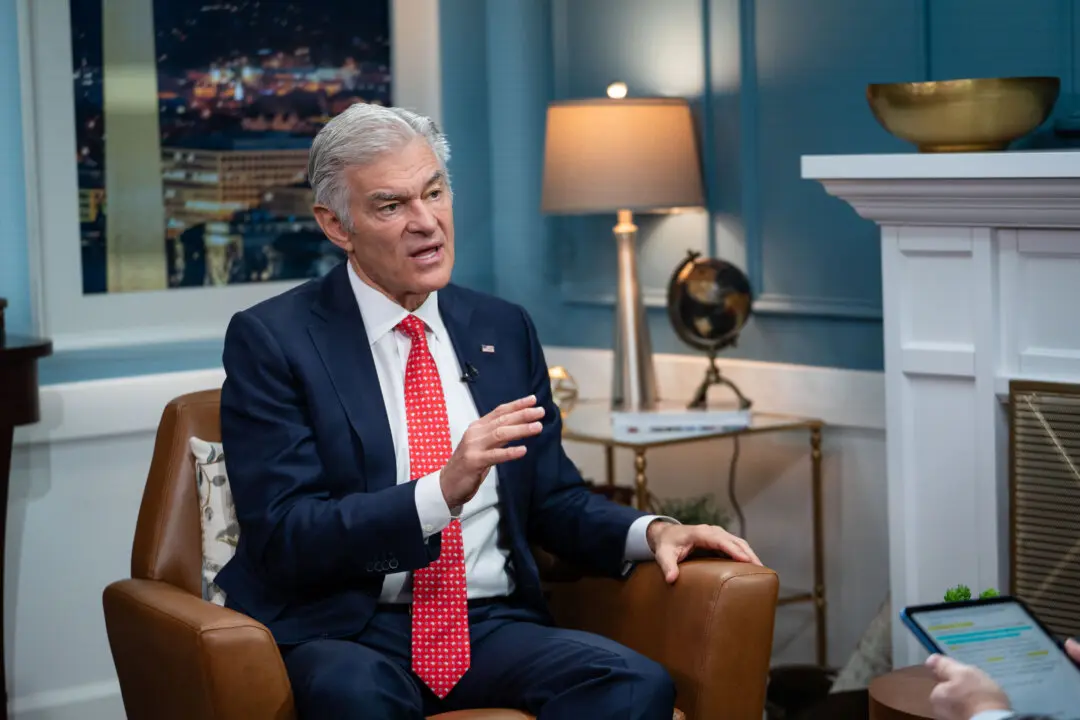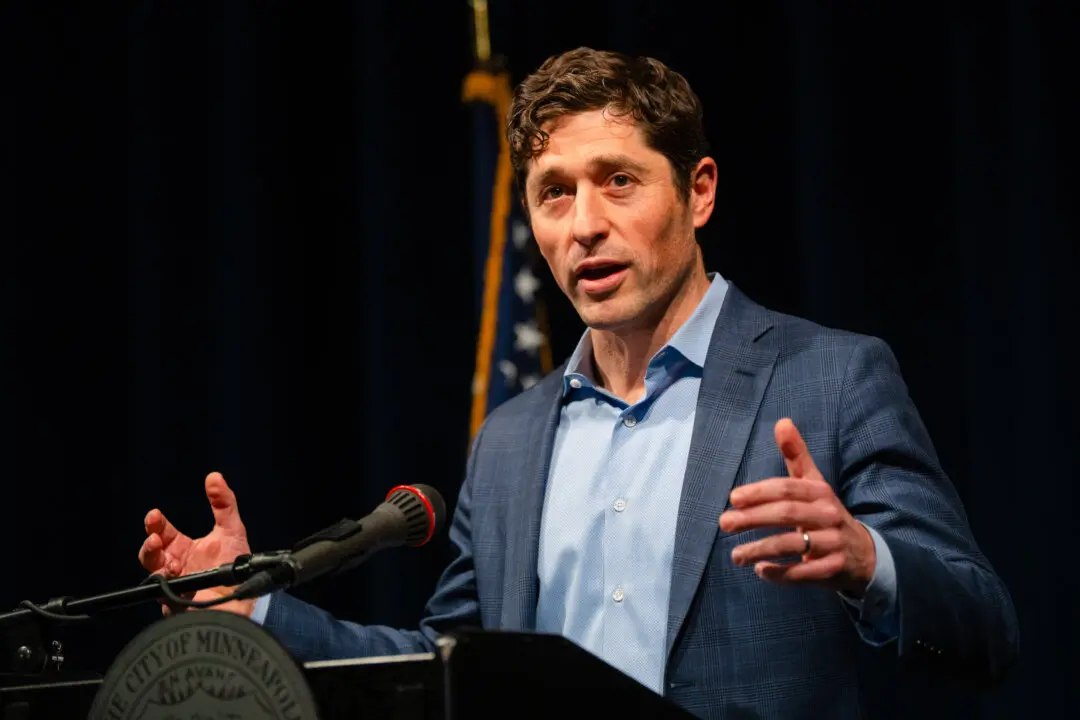A leader of Delta Air Lines’ pilots union says he has been authorized “to send a strike authorization ballot to the membership,” if needed, according to a letter sent to union members.
It’s the latest in a series of actions that pilots’ unions across the United States have taken in recent months, as airlines continue struggling with renewed demand for air travel after COVID-19 travel restrictions were lifted. Meanwhile, government leaders and consumers have been calling for better on-time performance and customer service. Airline executives are being pressured from all sides.





